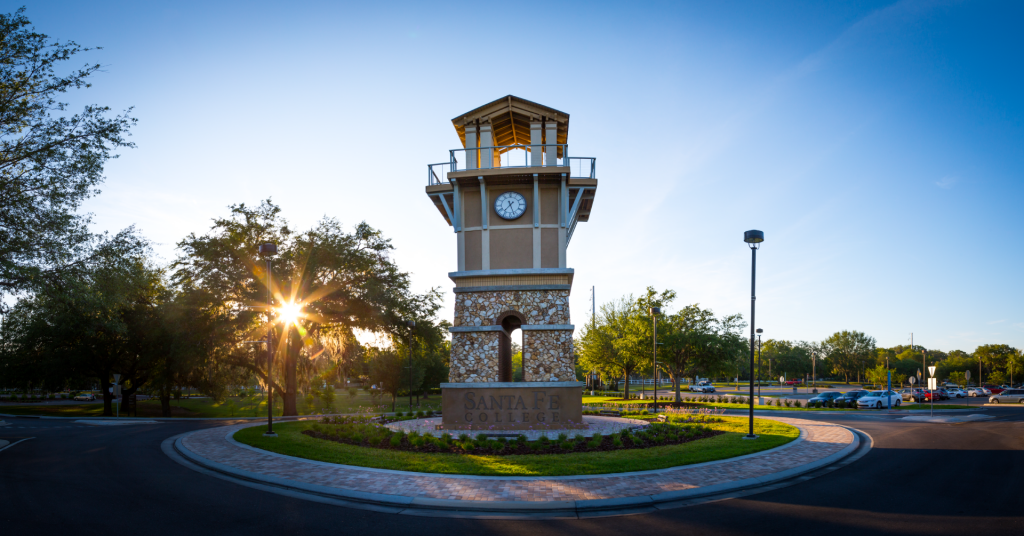Juneteenth 2020
June 17, 2020
Juneteenth
Juneteenth commemorates June 19, 1865 when enslaved people in Galveston, Texas heard the Emancipation Proclamation for the first time despite being issued two and a half years earlier in Washington, D.C. This date is also celebrated as Emancipation Day, Freedom Day, or Jubilee throughout the United States and has inspired many cherished traditions and stories over generations.
Juneteenth Traditions
Juneteenth celebrations include rodeos, street fairs, cookouts, family reunions, park
parties, historical reenactments, and pageants. Soul food such as charcoal-grilled
meats, greens, black-eyed peas and red-colored food such as red velvet cake, red strawberry
soda, and red punch are staple items on the table. In many West African cultures, red is a symbol of strength and spirituality.
Discriminatory laws and racial violence made early public Juneteenth celebrations
difficult, but formerly enslaved people pooled their money to purchase land throughout
Texas, which still exist today as Emancipation Parks. Beginning with Texas, 47 states
recognize Juneteenth as a state holiday today and activists have campaigned for years
to make it a federal holiday. Target, Twitter and Square have made Juneteenth a company
holiday.
Juneteenth 2020 Celebrations
Times Talk: Juneteenth Celebration on Zoom
Join us on June 19 at 12 p.m. for a discussion to reflect on the meaning of Juneteenth
amid national uprisings led by the Black Lives Matter movement. Note: You must sign into Zoom with your official SF e-mail address.
March for Freedom with Gator NAACP
Friday, June 19 at 11:30 a.m. at the A. Quinn Jones School
1108 NW 7th Ave, Gainesville, FL 32601
Juneteenth Liberation Rally
Friday, June 19 at 4:30 p.m. at the MLK Multipurpose Center in Gainesville
1028 Northeast 14th Street, Gainesville, FL 32601
The National Museum of African American History and Culture is hosting a virtual Juneteenth celebration where visitors can:
- Listen to Lift Every Voice and Sing sung by renowned vocalist Rochelle Rice
- Discover how to trace your ancestors in a workshop presented by the Robert F. Smith Explore Your Family History Center
- Enjoy presentations about the history and significance of Juneteenth
- Hear a tale that celebrates the wisdom of the elders as told by acclaimed storyteller Diane Macklin
Lift Every Voice and Sing
Lift Every Voice and Sing is known as the Black National Anthem and was composed as a poem by James Weldon Johnson in Jacksonville, Florida in 1900. The song is sung during important events such as Juneteenth, Black History Month celebrations, HBCU commencements, religious services, and civil rights protests. John Legend sang this version of the song for the Morehouse School of Medicine 2020 Commencement Ceremony.
Juneteenth Flag Facts
- The Juneteenth Flag was created by Ben Haith in 1997 and revised by L.J. Graf in 2000.
- The red, white, and blue symbolize a declaration that enslaved people and their descendants are all Americans.
- The inner star represents Juneteenth's point of origin in Galveston, Texas.
- The two bands of colors represent the horizon.
- The bursting outer star represents "a new freedom, a new people, a new star."
Didn't Abraham Lincoln end slavery?
The Emancipation Proclamation signed by Lincoln in 1863 says:
I do order and declare that all persons held as slaves within said designated States, and parts of States, are, and henceforward shall be free; and that the Executive government of the United States, including the military and naval authorities thereof, will recognize and maintain the freedom of said persons.
The Proclamation only applied to states that had seceded from the Union and it could not be enforced everywhere until the Civil War ended in 1865. Slavery wasn't abolished until the 13th Amendment was ratified on December 6, 1865. For more historical context, watch this video about the legacy of the Emancipation Proclamation created by the National Museum of African American History and Culture.
Juneteenth Recipes
New York Times - A Juneteenth of Joy and Resistance: With the dual pressures of unrest and the pandemic, black chefs are contemplating the ways this holiday can help Americans cope.


